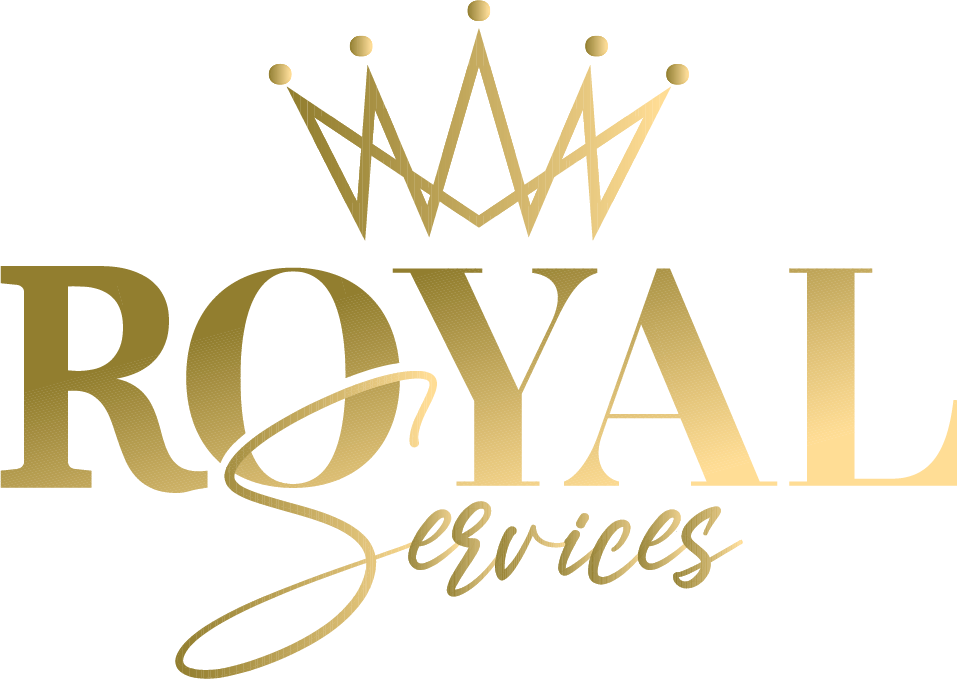5 Tax Write-Offs Most Small Business Owners Forget to Claim
As a small business owner, managing finances can often feel overwhelming, especially when it comes to taxes. However, leveraging business tax deductions effectively can significantly reduce your taxable income, ultimately allowing you to keep more of your hard-earned money. In this article, we'll explore five common tax write-offs that many small business owners overlook, ensuring that you have the knowledge you need to maximize your tax savings.

Why Understanding Tax Deductions Matters
Tax write-offs are essential not just for reducing your taxable income but also for reinvesting in your business. Failing to claim all eligible deductions can lead to paying more tax than necessary, costing you valuable resources. By understanding specific business tax deductions available to you, you can create a strategic approach to tax planning and save substantially.
Let's dive into five often-overlooked tax write-offs that can provide substantial benefits.
1. Home Office Deduction
If you operate your business from home, you may qualify for the home office deduction. This is one of the most common small business write-offs that many entrepreneurs forget to claim.
What You Need to Know:
- Eligibility: To qualify, your home office must be used regularly and exclusively for business purposes. This can include a dedicated room or a specific area in your home.
- Calculation: You can either use the simplified method, which allows you to deduct $5 per square foot of your home office (up to 300 square feet), or calculate actual expenses which include part of your rent/mortgage, utilities, and repairs.
Claiming this deduction can ease the burden of home-related costs and contribute significantly to your overall savings.
2. Business Expenses Related to Vehicle Use
Are you using your personal vehicle for business purposes? If so, many small business owners fail to claim deductions related to vehicle use.
Tax Saving Tips:
- Dedication Documentation: Keep detailed records of your business mileage, including the purpose of each trip, dates, and distances driven.
- Two Methods to Choose From:
- Standard Mileage Rate: For 2023, the standard mileage rate is 65.5 cents per mile driven for business use. This rate changes annually, so be sure to check the IRS guidelines.
- Actual Expenses: Alternatively, you can deduct actual expenses like gas, repairs, and insurance. However, this requires more detailed record-keeping.
Selecting the right method for your business can lead to substantial tax savings.
3. Business Meals and Entertainment
Networking and business dinners can add up quickly, but many small business owners overlook the deductions related to meals and entertainment.
What You Should Know:
- Eligibility: You may deduct 50% of qualifying meal and entertainment expenses if they are directly related to your business.
- Documentation: Make sure to keep receipts and notes detailing the business purpose of these meals. This ensures that you maintain a clear record should the IRS question your deductions.
By recognizing the opportunity to claim these expenses, you not only save money but also enhance business relationships.
4. Continuing Education and Training
As an entrepreneur, staying updated with industry changes or improving your skills can increase your business's value. The costs associated with continuing education or training programs may be deductible.
Deduction Details:
- Eligible Expenses: Classes, workshops, seminars, and even certifications related to your field are all potentially deductible.
- Documentation: Maintain records of payments, descriptions of the courses, and how they relate to your current business operations or future plans.
Investing in your education can yield returns beyond just tax deductions; it also helps sustain your business's competitive edge.
5. Advertising and Marketing Costs
In the digital age, advertising and marketing have become essential for small business growth. However, the costs associated with these activities can sometimes be overlooked.
Actionable Insights:
- Includes Various Costs: Deductible expenses can include social media advertising, print advertising, website design, SEO services, and more.
- Allocation of Costs: Remember to differentiate between personal and business-related advertising expenses to ensure compliance with IRS requirements.
Maximizing deductions in this area can help you foster growth while efficiently managing your tax liabilities.
Conclusion
Understanding and claiming all eligible business tax deductions can lead to significant savings for small business owners. By paying close attention to the often-overlooked write-offs mentioned above, you increase the chances of improving your overall financial health.
Engage and Act
Have you claimed these tax write-offs as part of your strategy? If not, now is the time to review your records and consult with a tax professional to ensure you're getting the maximum benefits available.
If you found this information helpful, consider sharing it with fellow entrepreneurs who may be missing out on significant savings! For personalized guidance or assistance, do not hesitate to reach out for entrepreneur tax help. Together, let's maximize your success!
💡 Found this helpful? Share with someone who owns a small business. Follow us on Facebook and Instagram for more expert credit tips.
